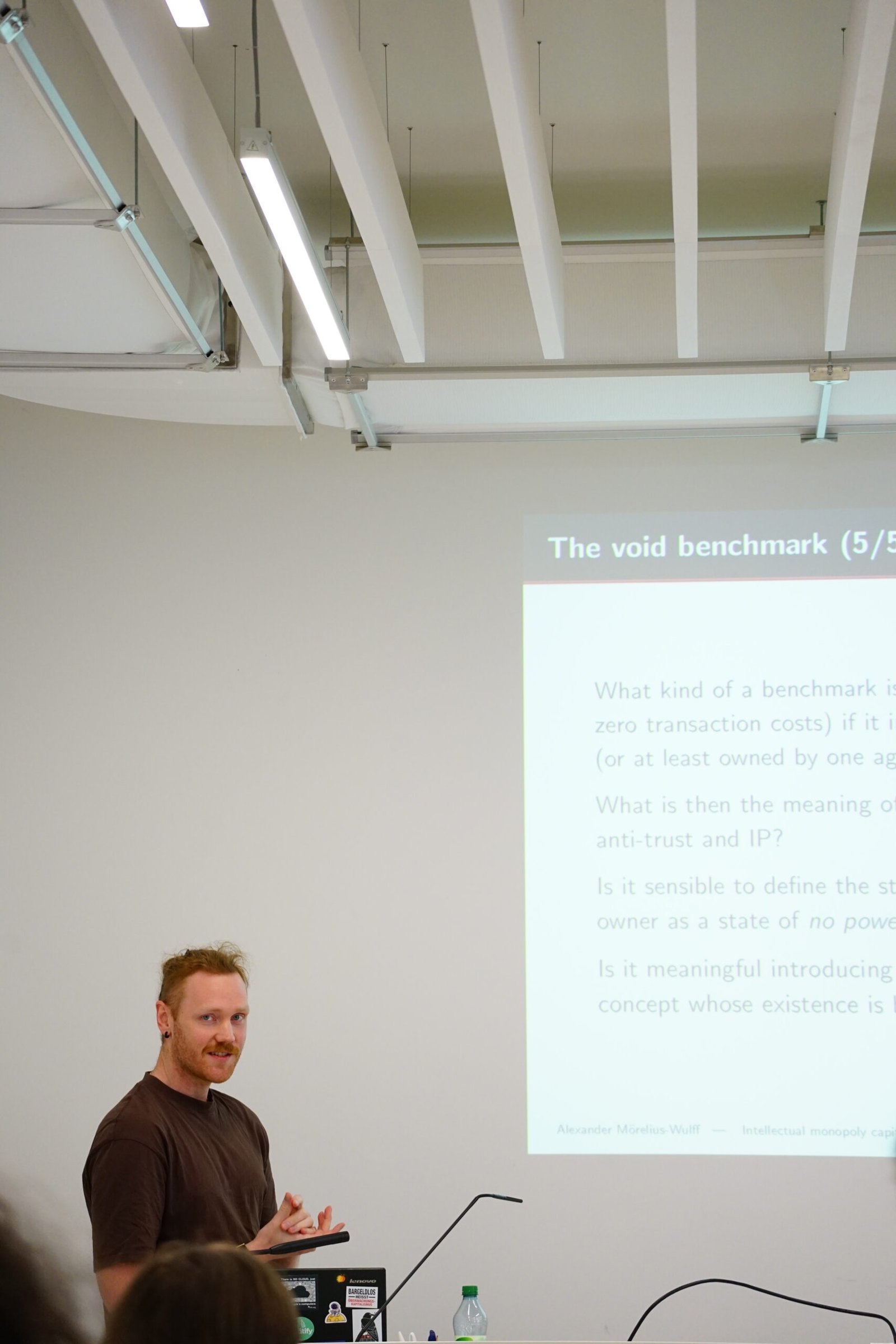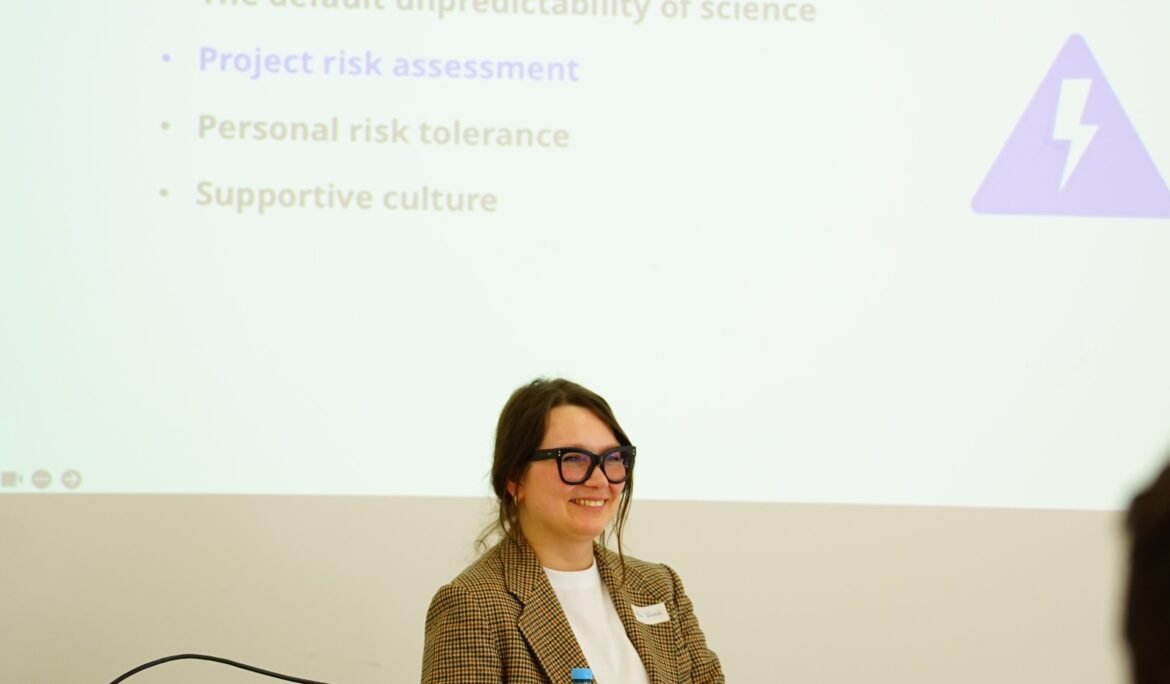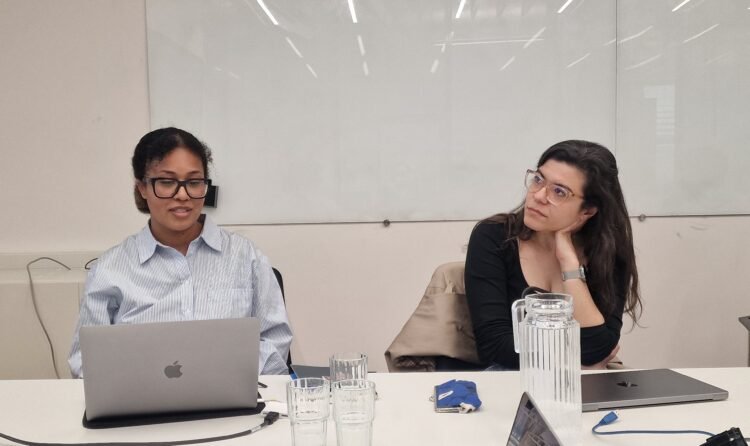doctoral seminar : AI, law & human rights
The academic year began on a strong note with the first in a promising series of doctoral seminars hosted by the CSZ Institute for Artificial Intelligence and Law. The doctoral seminar, AI, Law, and Human Rights, held on February 27th, at the Auditorium of the Excellence Cluster for Machine Learning, Maria von Linden Str. 6, brought together talented junior researchers for a day of collaborative exchange and feedback.
The seminar welcomed the internal and external doctoral researchers to explore the critical questions at the intersection of emerging technologies and the law together with researchers from the CZS Institute for Artificial Intelligence and Law.
Our program included the following presentations from PhD students in law, computer science, and economics:
- Alexander Mörelius-Wulff (University of Siena) – Monopoly Power vs. Class Power: The Role of Intangible Assets
- Ali Semih Çamkerten – Legal Aspects of Fine-Tuning within Open-Source Licensing Frameworks
- Eleonore Chowdry: Responsibility for decisions – AI systems as a part of the justice system
- Henrik Nolte – Machine Learners Must Acknowledge the Legal Implications of LLMs as Personal Data
- Mara Seyfert – Uncertainty and Robustness Against Persuasion in Large Language Models
- Sanidhya Rao: Deepfake regulation under the EU AI Act
The seminar was framed by two lectures by Alina Wernick:
- AI, Law and Human Rights
- In-Betweening: The Practice of Interdisciplinary Research at the Interface of Law, Technology, and Society

The workshop and Alexander Mörelius-Wulff’s research visit were funded by Kone Foundation in conjunction with the research project – research project “Long-term human rights risks of smart city technologies“.
Our heartfelt thanks go to the participants, members of the Tübingen AI community, the Kone Foundation, and the employees of the institute for making this academic exchange a success.







